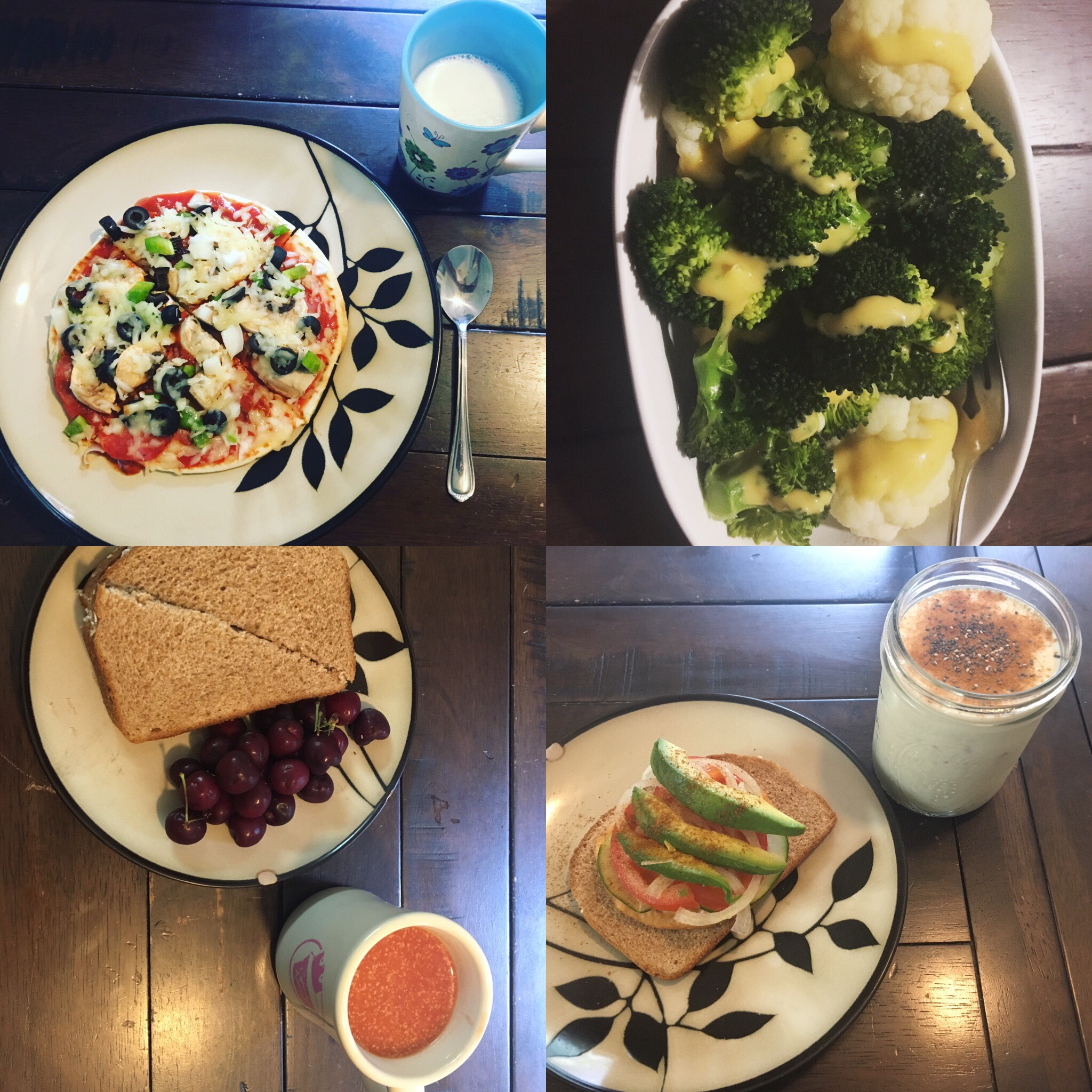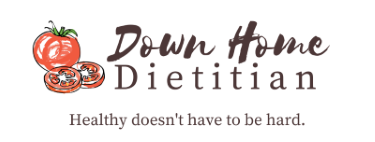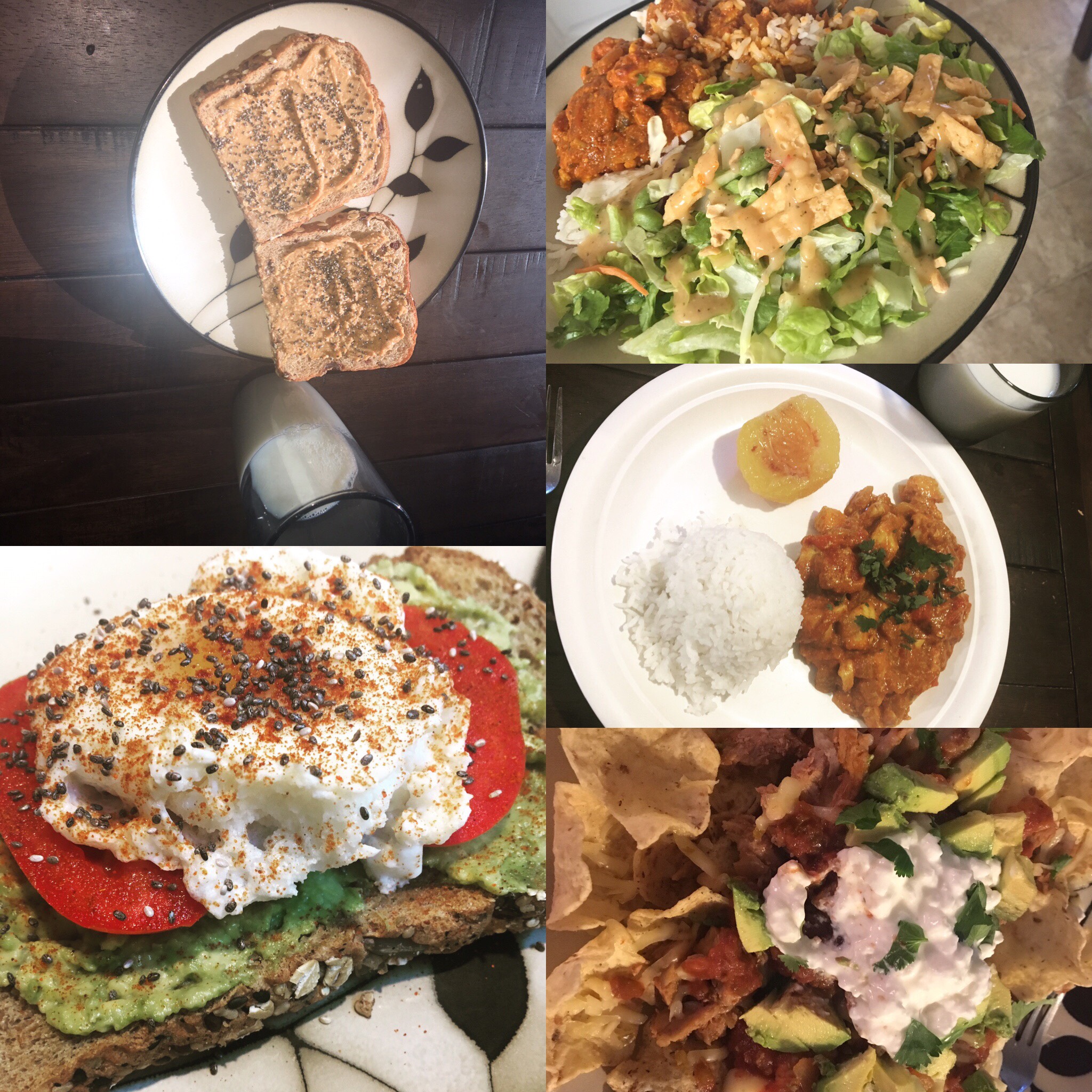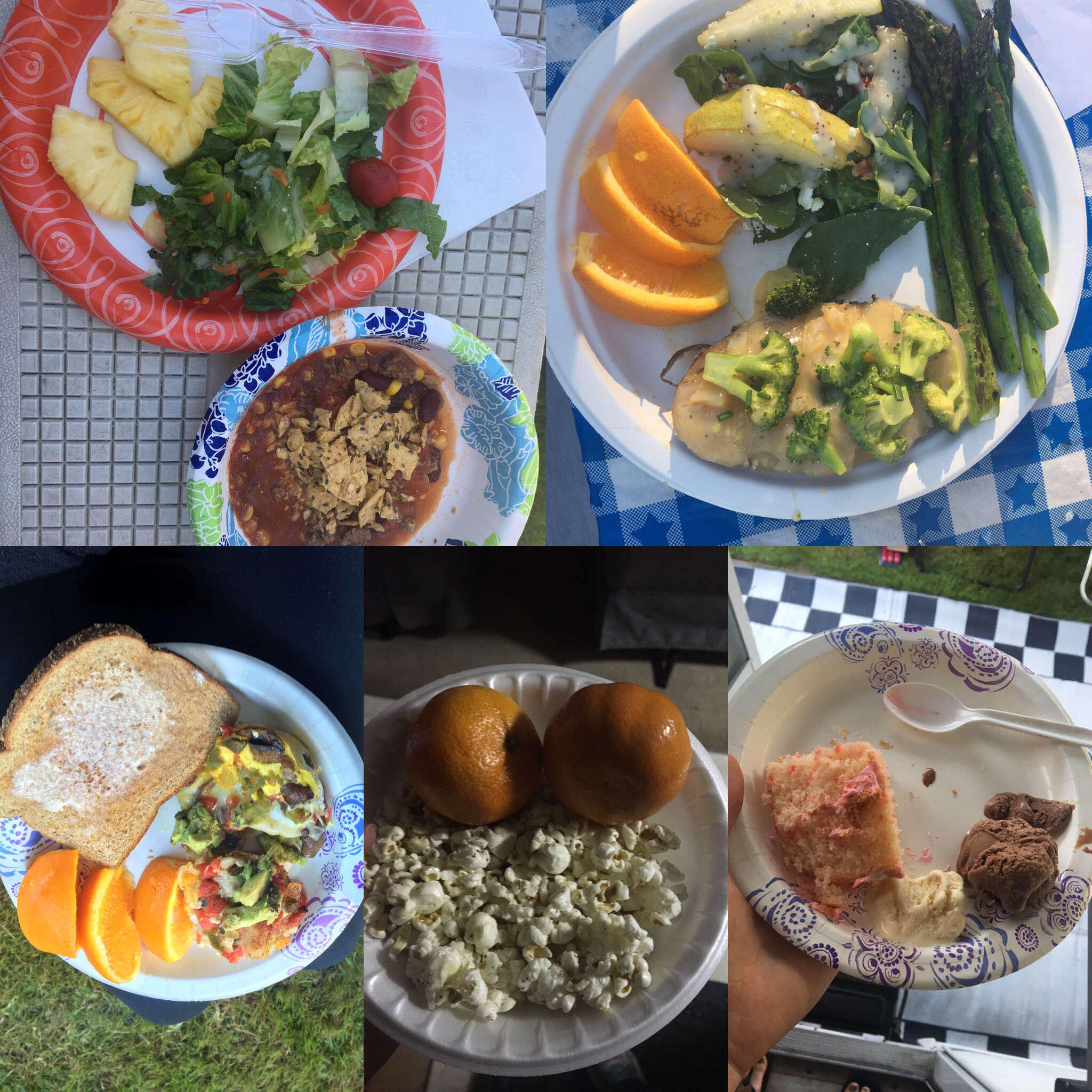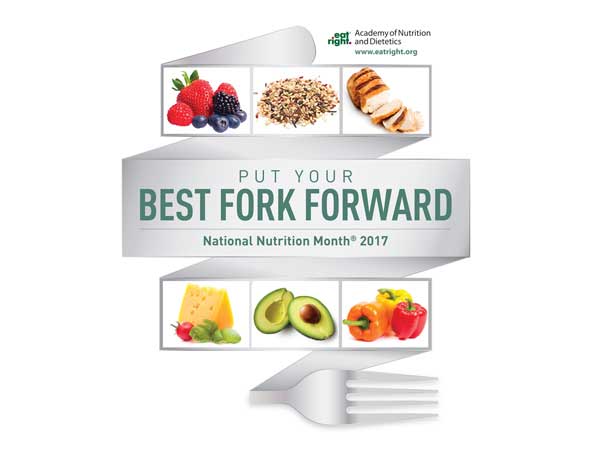Aside from evaluating the health ramifications of paleo eating, I am also considering its real-life applications for my patients and clients. During my trek through the paleo diet, my main question has been, “is this realistic?” Is a diet like paleo truly something that I feel is so undeniably important that I could, in good conscience, recommend it to the people that I see every day and expect it to improve their lives? Thus far, based on my experience, the answer has been “no.”
There are definitely stories out there about people who start eating paleo who feel so much better. And I have no doubt that that is the case for them. Paleo eating is a drastically healthful change from the way that an “average” American eats. It entirely eliminates “empty calories” in the sense that nearly every single thing that goes in your mouth on a paleo diet contributes something beneficial to your body. Anyone who consumed copious amounts of foods that contribute nothing nutritionally besides calories (I’m talking about you, donuts, soda, and candy) is bound to feel exceptionally better after cutting out these harmful foods and replacing them with foods that actually nourish his or her body. What’s more, the paleo diet eliminates some key underlying allergens that can wreak inflammatory and digestive havoc on their undiagnosed victims. For those people, the paleo diet is sure to improve the way they feel.
Personally, my body feels exactly the way it always has, which is pretty great. Honestly, it would be hard for me to say that I felt better unless I suddenly had Roadrunner energy or Superwoman strength pop out of nowhere. And trust me, that’s not because I am the model of perfect eating (that is a common misconception about dietitians) or exercise, but because I am healthy and still rather young. I have no aches and pains, no digestive issues, no allergies (that I know of), no chronic diseases, and plenty of energy if I get enough sleep. So I really struggle to see how this restrictive eating plan makes my life any better.
In fact, following paleo is kind of a drag for me. I haven’t had any crazy sugar cravings or desperate desires to raid my fiance’s bagel supply, but my dietary quality of life is pretty lame. You see, normally Charlie and I love to go out to eat and cook together, and I would venture that it is safe to say we are novice foodies. We love to try new dishes from all kinds of restaurants and cultures and savor all the delectable flavors we can get our hands on. Since I started on paleo we have only eaten out twice, one of which I chose to be one of my non-paleo meals so that I could actually enjoy it. The other time I was able to order a meal that fit the paleo restrictions, and honestly it was pretty gross. Really all I can order out most places is some version of a hunk of meat or eggs with vegetables, and I’ll be frank – that eating pattern started turning my stomach at day 3. Other than that, my fiance and I rarely end up eating the same food when I visit because mine is so expensive (and doesn’t taste that great) that he usually makes something different for himself. I don’t blame him – though I have found a couple winners, the best thing I can say about most of the recipes I try is “well, it’s better than a hunk of meat and a pile of veggies.” I’m also getting pretty tired of all my food tasting like coconut (which if you know me you know I do not like) because nearly everything involves either coconut milk or coconut oil, but I digress.
I couldn’t really eat much at the places that my friends and I like to go to hang out, so I sat awkwardly and drink my water or tea (or occasionally eat my fruit plate) while everyone else chows down. It is also particularly difficult to anticipate following these diet restrictions when eating at others’ houses (which I do semi-often), and I feel that briefing my poor hostess with “well, I can eat anything except dairy, grains, peas, beans, peanuts, vegetable oil, salt, and sugar” is a pretty rotten thing to do. Together, these issues have placed me on an island of dietary isolation that has definitely impacted my life in an unfavorable way. Imagining a lifetime of eating this way is completely out of the question for me – making, eating, sharing, and discovering good food and drink is far too much a part of my life to amputate it like this.
Wow…I have a lot more to say about where this experience led me and how I discovered that paleo most certainly has a place and an importance for people I meet every day, but this post has grown beyond my expectations rather quickly. I’ll have to make this a “To Be Continued”…Come back next time for part 2!
